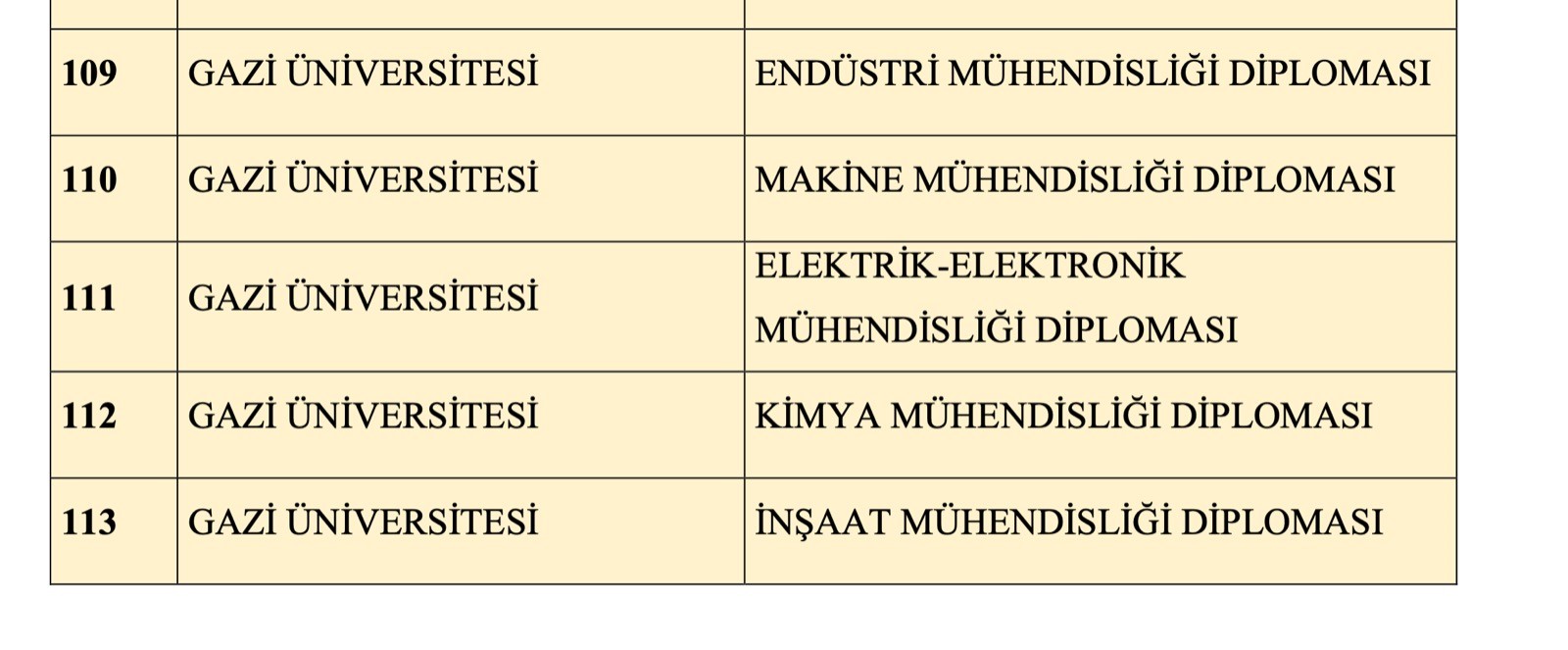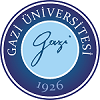For the first time in Turkish higher education history, the qualifications of 129 undergraduate programs in 39 Turkish universities were placed in the Turkish Qualifications Framework database by the Turkish Qualifications Framework Board (TQF). As a result, 129 undergraduate programs gained the right to have the Turkish Qualifications Framework (TQF) and European Qualifications Framework (EQF) logos on their diplomas. Among these 129 undergraduate programs, there are 5 undergraduate programs belonging to our University. Accordingly, TQF and EQF logos will be placed on the Industrial Engineering, Mechanical Engineering, Electrical-Electronics Engineering, Chemical Engineering and Civil Engineering undergraduate diplomas of our University.
With this development, 129 diploma program graduates in Turkey will have mutual recognition of their higher education and upper secondary education, internship qualifications and the achievements of education periods spent abroad.
The directive on the recognition of professional qualifications in the EU will enable the cross-border movement of professionals, enabling them to practice their profession or be employed abroad. In accordance with the Lisbon Treaty, it will be possible to recognize academic qualifications in Europe and outside of Europe.
TQF refers to the national qualifications framework, which is designed to be compatible with the European Qualifications Framework (EQF) and shows all the qualifications gained through vocational, general and academic education and training programs and other learning paths, including primary, secondary and higher education.
The European Qualifications Framework (EQF), on the other hand, is defined as an eight-level learning outcomes-based framework that functions as a kind of translation tool between different national qualifications frameworks for all types of qualifications. This framework helps to increase the transparency, comparability and portability of diplomas and certificates of individuals and enables the qualifications of different countries and institutions to be compared.
In addition to the EU member states, 11 countries including Iceland, Liechtenstein and Norway (European Economic Area countries), Albania, North Macedonia, Montenegro, Serbia and Turkey (candidate countries), Bosnia and Herzegovina, Kosovo (potential candidates) and Switzerland are working towards the implementation of the EQF.

Great Success in 2024 QS European Universities Ranking
Pakistan FICS 2023 – Gazi University's Great Success
Gazi University Department of Architecture Students’ Success
Gazi University Shanghai Ranking Continues Its Successful Performance in 2023 ARWU
